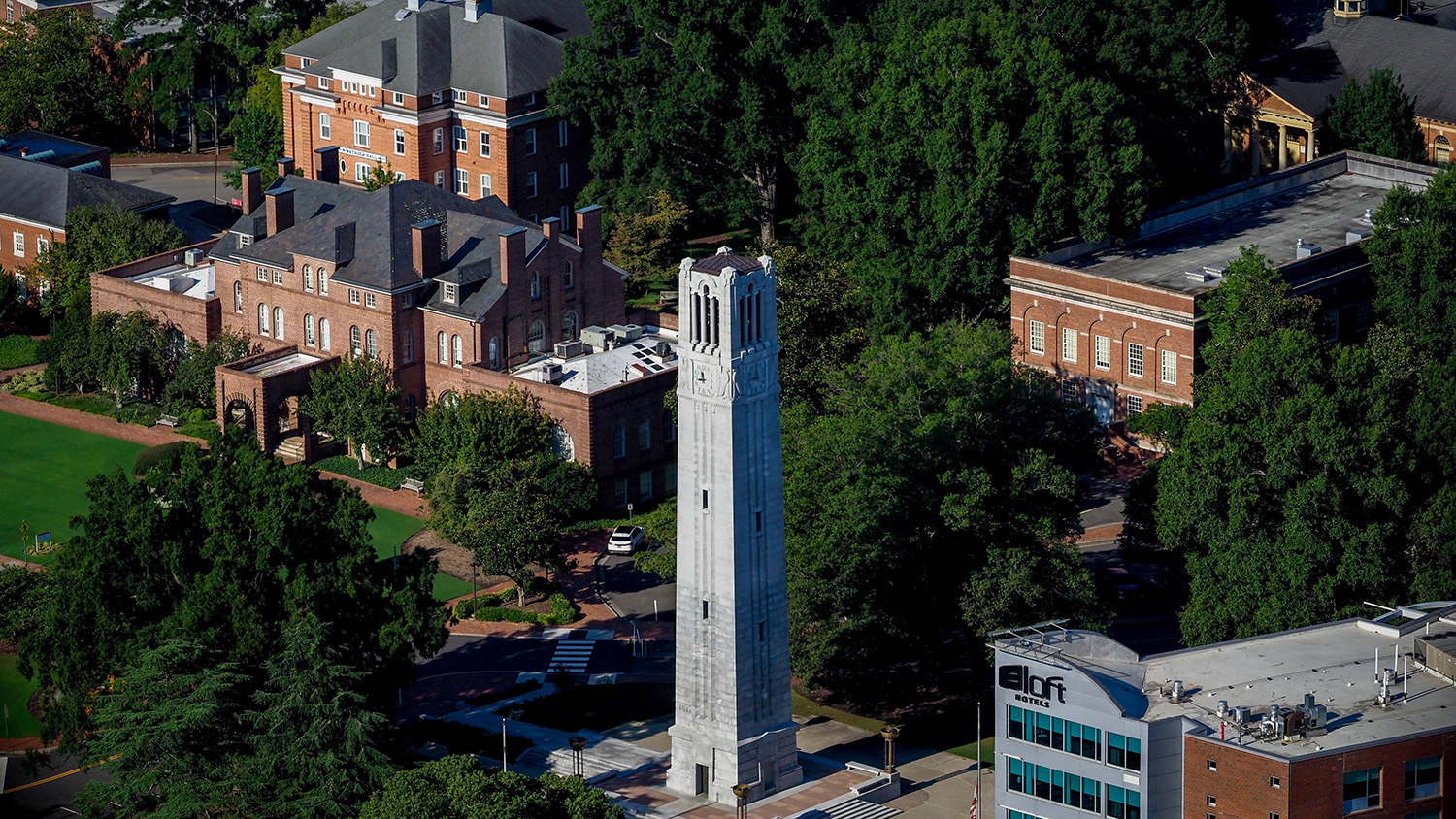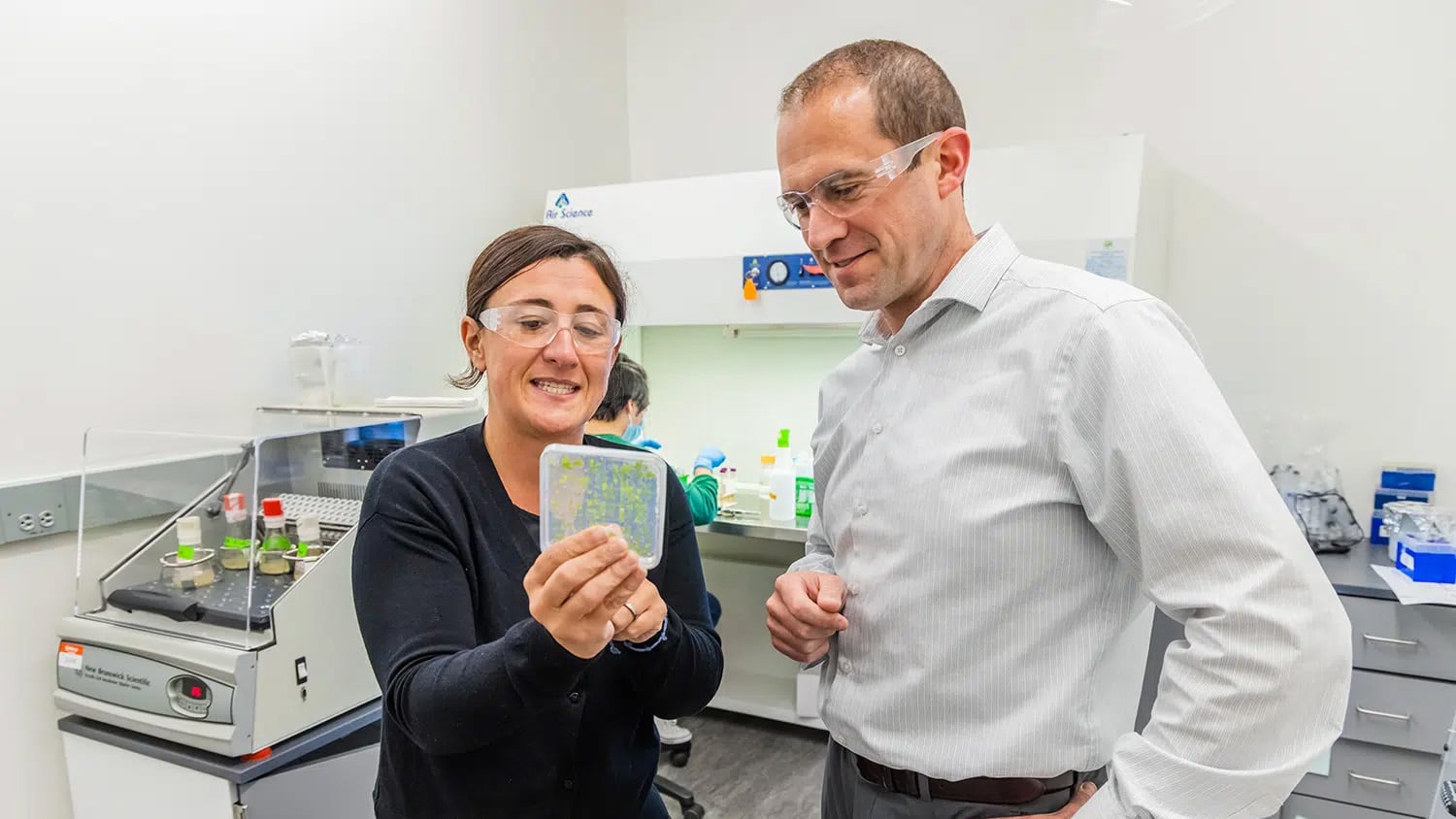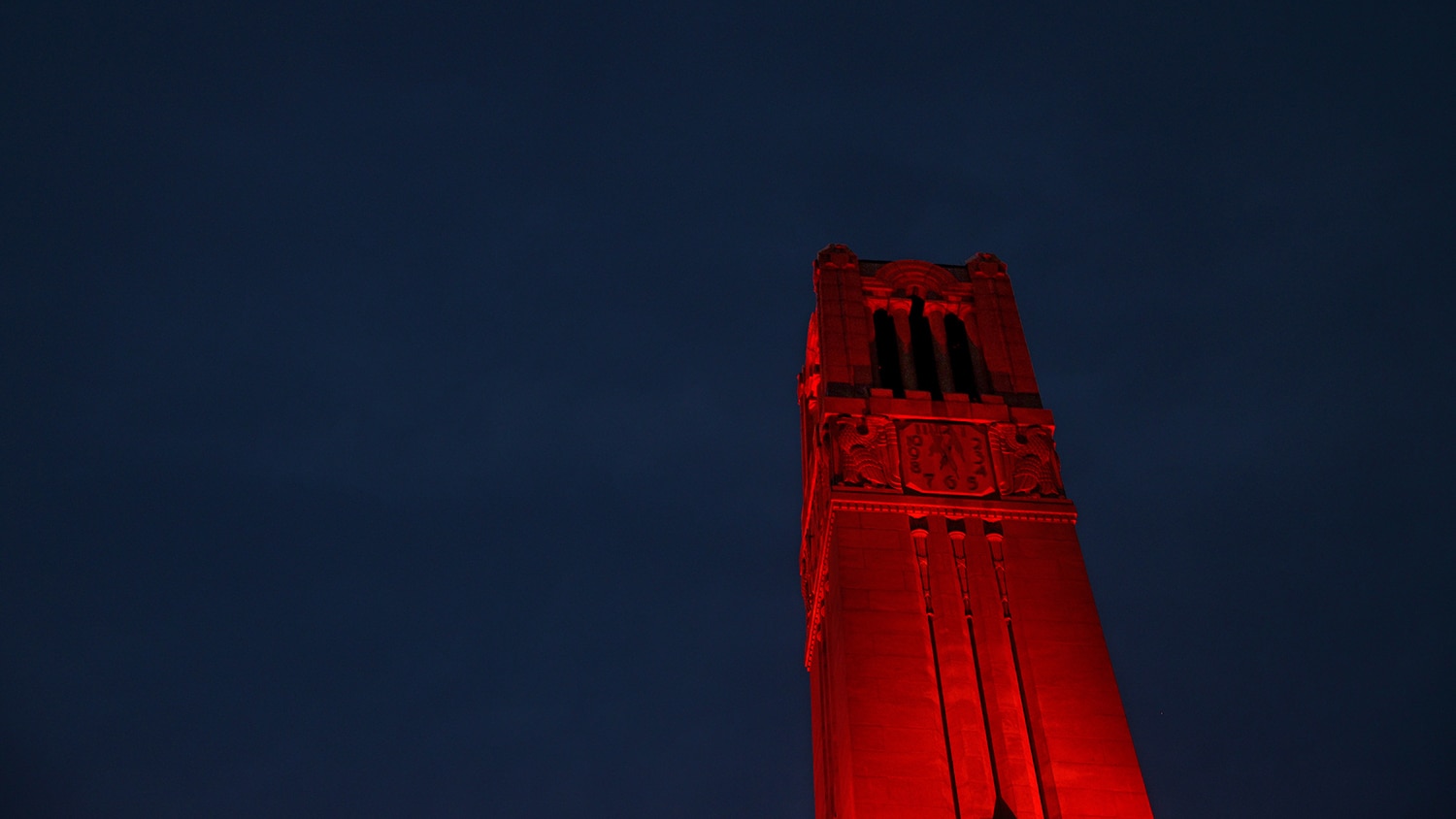Medicinal Microbes
If you asked most undergraduates whether they would be interested in factory work, you’d probably get some puzzled looks. But what if the “factory” was E. coli bacteria, and the “work” involved creating entire libraries of enzymes that might help defeat antibiotic resistance or cancer?
Undergraduates in Dr. Gavin Williams’ lab get to do just that, with hands-on, real research experience that starts as soon as they walk through the door.
Nature’s Factories
Williams is interested in drug development. Specifically, he’s interested in using E. coli as a factory to produce molecules that can be used as anti-cancer, anti-microbial and anti-viral drugs. What does that mean? Think about penicillin – it comes from a natural product (mold) that has antibacterial properties.
Nature makes these complex molecules by putting different types of enzymes into assembly lines, each of which can construct a molecule that may have a desirable quality, like the ability to stop bacterial growth or kill cancerous cells. In traditional drug development, scientists try to mimic natural processes by using chemicals. The problem is that these chemical processes are wasteful: in some cases it can take almost a ton of starting materials to produce one gram of the compound needed.
“I came to NC State because I knew I wanted to do research” — Matthew Draelos, senior chemistry and biochemistry major.
Williams and other chemists have found a shortcut. They go straight to the source – DNA – and pull out the particular genes that encode the enzymes they’re interested in. They can then manipulate those enzymes so that they only bind to other specific proteins. It’s like assembling a LEGO sculpture – but one in which the individual blocks, or enzymes, can only fit together in a certain way.
Then they put the enzymes they want inside E. coli bacteria. The enzymes self-assemble (by snapping together like LEGO bricks), and create the molecules needed for drug development. By piggybacking on nature, Williams and his team can quickly and inexpensively create huge numbers of different kinds of molecules that they can test, to find out which ones are the most effective against the diseases they want to treat.
Hands-on Research
Matthew Draelos and Taylor Courtney are both undergraduates doing work in the Williams lab. Draelos is a senior majoring in chemistry and biochemistry. He’s been part of the Williams lab since his freshman year.
“I came to NC State because I knew I wanted to do research and had heard it was easy to do undergraduate research here,” he says. “What captured my imagination about Williams’ research was that it’s both basic research and it’s medically relevant – we’re creating enzyme ‘mutants’ that have practical uses in creating new drugs.”

Courtney, a junior who is also majoring in chemistry and biochemistry, has only been with the lab for a few months, although she has previous research experience. “This kind of chemical biology meets a growing need in drug discovery, and I want to pursue this research in graduate school, so it’s a great opportunity for me,” she says.
Both students were encouraged to jump into the research from day one.
“You get trained to become a full partner in the lab,” Draelos says. “From the beginning I learned how to do DNA extraction, purification and analysis to make sure that we had what we wanted in its purest form. Now I’m creating my own libraries of enzyme mutants to test for usefulness in drug development. As each year passes, you are given more leeway to pursue projects independently that contribute to the lab.”
Courtney agrees. “You are definitely a full member of this lab – not just an assistant or someone who takes care of the supplies. And you’re definitely ready for graduate school or research work when you graduate.”
Hemant Desai, who earned a B.S. in chemistry and a B.A. in chemistry this year, is one of those graduates.
“I came in as a freshman, and even when my first project didn’t quite work out, it taught me a lot. My experiences in the lab prepared me really well for the topics I’m studying now in medical school.”
- Categories:


